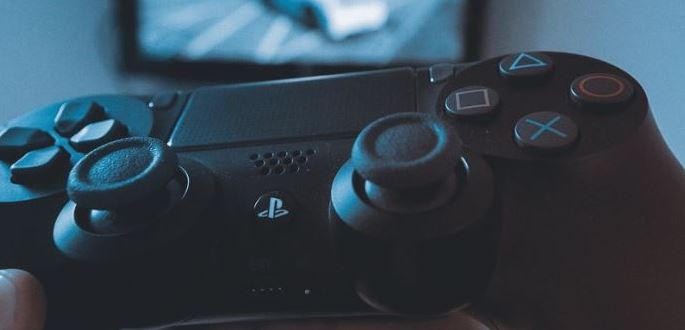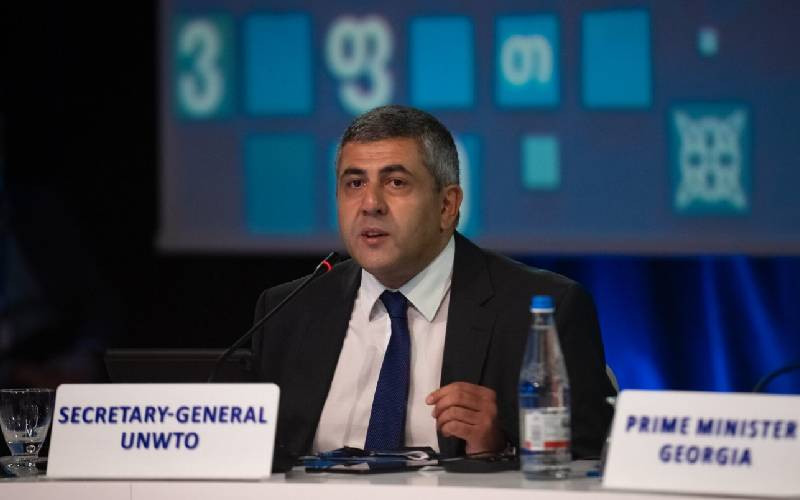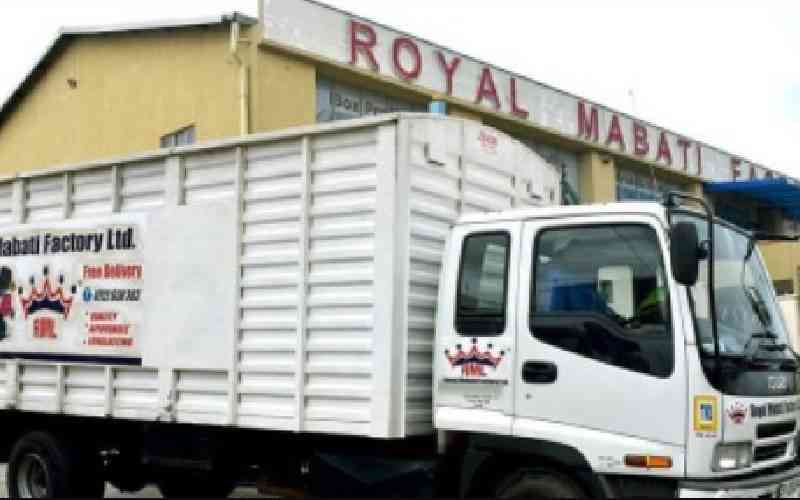
Gamification for social good started way back in the day when the young and the old played together as they passed important social messaging that would change behaviour or instill discipline.
For instance, the Sudanese game for naming the ancestral tree played an important role in the Nuer Constructive Ethnic Identity. Dereje Feyissa in his book, Playing Different Games: The Paradox of Anywaa and Nuer Identification, argues that the Nuer Identification mode is not primordial as among the Anywaa but constructive.
The game enables the Nuer to understand and appreciate their lineage and roots as well as the strength of their connectedness. The game helps to paint a picture of the ancestral tree, drawing the value system among other shared similarities even if a Nuer is abroad. He or she can be able to identify his or her kin through the game.
However, today the gaming industry in Kenya has received a fury of adverse sentiments because of many youths losing their productive lives at the expense of their meager earnings in pursuit of bigger dreams brought about by the delusional promises of engaging in betting spurs.
Betting has been the face of the gaming industry in Kenya for some time, yet it has been shrouded by a lot of negative behavioural changes that have seen many youths get into crimes they never anticipated as a result of negative influence.
I remember when Interior Cabinet Secretary Fred Matiang’i aggressively fought the betting companies extending the same to village shops to help rescue youth from an addiction that was visibly taking away their future.
Many looked at the Cabinet Secretary as a mad King as the proponents saw the revenues and the profits to be made rather than the lives that were being destroyed.
However, gamification for social good is now taking up center-stage intending to influence the youth positively. The effect to their dopamine is meant to impact them positively and influence their behavior towards social good and empower them by providing the right information through gamification.
Usiku Games, a local mobile game development company for instance is now designing games through the #GamingForGood initiative as a counter-balance to the testosterone-driven Sports Betting industry that is sucking $37 billion annually out of the continent. Their goal is to create a fun, entertaining alternative that still provides that dopamine hit, while also making a positive change in the world.
To demonstrate how gaming can be used for social good, the company recently developed a game in partnership with Seedball Kenya Limited to help curb the adverse effects of climate change. The Game intends to help with the reforestation of Kenya's lost forest cover. Kenya targets to increase its forest cover to 10 percent from the current seven percent by next year.
A Seedball is a coated seedling inside a ball of recycled charcoal dust mixed with some nutritious binders. The biochar coating of the ball helps protect the seed from predators such as birds, rodents, and insects and extremes of temperature until the rains arrive. Once soaked, the seedball will help retain and prolong a moist environment around the seed to encourage germination.
The initiative targets areas that have been severely affected by deforestation because of charcoal burning activities. Seedballs Kenya has distributed over 10 million seedballs since its inception in 2016:
In the game, the player flies a small plane and try to plant trees by dropping Seedballs. At the end of the game, the players are congratulated for planting (e.g.) 379 virtual trees. The player is then encouraged to turn them into 379 real trees by donating Sh1 per tree.
In recent years, Kenya's forest cover has been depleted significantly. This is estimated to lead to an annual reduction in freshwater availability of approximately 62 million cubic meters, translating to an economic loss to the economy of over USD 19 million, according to a Kenya Forest taskforce report.
On the same breadth of climate change, the company developed a game called Let it rain. Let it rain is a game that was developed to the weather forecast and help farmers to plan accordingly when it comes to planting crops. At a time like this last year, farmers made predictions of the Long Rains Onset Dates in their various Wards and Counties.
This was in a Gamifying Weather Forecast Campaign dubbed ‘Let it rain’: a project by iShamba together with Mediae (Producers of Shamba Shape Up), Alliance of Bioversity International, and CIAT.
Let it Rain has since then stirred up a national conversation on how relevant weather forecasts are to farmers. It has also seen iShamba build over 25,000 profiles for all farmers who participated and has regularly provided them with customised climate information.
At the same time, the company has also developed a game to help the African girl to restore self-confidence in themselves and African fashion sense, by reinventing the typically white-dominant fashion industry.
In Kenya, we are seeing fast mobile and internet penetration creating a conducive environment to develop alternative games that are fun, educative, and entertaining.
A recent Communications Authority of Kenya (CA) report shows that as of the end of September 30, digital payments have grown significantly. In Kenya, people are willing to pay for games via mobile money which has become the way of life.
And because of the right business environment, Kenya is now attracting venture capitalists who are investing in gaming development to help spur socio-economic development among the youth.
Mordor Intelligence report indicates that the global gaming market was valued at USD 162.32 billion in 2020 and is expected to reach a value of USD 295.63 billion by 2026, registering a CAGR of 10.5 per cent over the forecast period (2021 – 2026).
Game developers across emerging economies are continually striving to enhance gamer's experience, launching, and rewriting codes for diverse console/platforms, such as PlayStation, Xbox, and Windows PC, which are incorporated into one product provided to the gamers through the cloud platform.
While Africa Gaming Market - Growth, Trends, and Forecasts (2020-2025) report by Research and Market indicates that Africa is expected to register a CAGR of 12 per cent during the forecast period (2020-2025). The most recent trend is the growing availability and popularity of multi-functional gaming console, which is emerging in the market and helping in growing the market of video games in the region.
The report also indicates that mobile gaming generates close to half of the revenue that the gaming industry gets annually and more than 200 million Africans are below 35 years, and this figure might double in a decade. Africa has a huge market for gaming and smartphone companies.
Mobile gaming therefore is gaining popularity in remote parts of Africa. For example, more than 290 million people in North Africa use mobile phones. The mobile market in the region generates $90 billion annually.
Africa is rich in history and culture, artifacts and wildlife that can be captured through gamification for purposes of posterity and the next generation.
 The Standard Group Plc is a multi-media organization with investments in media
platforms spanning newspaper print operations, television, radio broadcasting,
digital and online services. The Standard Group is recognized as a leading
multi-media house in Kenya with a key influence in matters of national and
international interest.
The Standard Group Plc is a multi-media organization with investments in media
platforms spanning newspaper print operations, television, radio broadcasting,
digital and online services. The Standard Group is recognized as a leading
multi-media house in Kenya with a key influence in matters of national and
international interest.
 The Standard Group Plc is a multi-media organization with investments in media
platforms spanning newspaper print operations, television, radio broadcasting,
digital and online services. The Standard Group is recognized as a leading
multi-media house in Kenya with a key influence in matters of national and
international interest.
The Standard Group Plc is a multi-media organization with investments in media
platforms spanning newspaper print operations, television, radio broadcasting,
digital and online services. The Standard Group is recognized as a leading
multi-media house in Kenya with a key influence in matters of national and
international interest.










